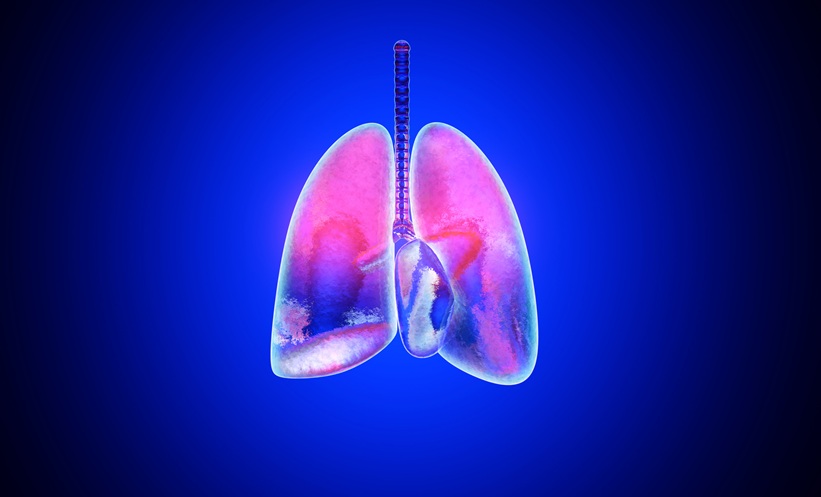A new retrospective study published in BMC Rheumatology highlights the severe prognosis of anti-MDA5 dermatomyositis (anti-MDA5 DM), a rare but life-threatening subtype of dermatomyositis strongly linked to interstitial lung disease (ILD).
RESEARCHERS reviewed clinical records of 26 patients diagnosed between 2013 and 2022 and found that ILD was present in nearly three-quarters of cases, with almost half progressing to rapidly progressive ILD (RP-ILD). Over a median follow-up of 1.5 years, more than a quarter of patients (26.9%) died, with RP-ILD accounting for nearly 80% of these deaths.
The study identified male sex and RP-ILD as the strongest predictors of mortality. Male patients had more than a sevenfold higher risk of death compared to females. In contrast, the presence of arthritis and antinuclear antibody (ANA) positivity were linked to a reduced risk of developing RP-ILD.
Treatment for RP-ILD cases was aggressive, often involving triple therapy with corticosteroids, cyclophosphamide, and either rituximab or a calcineurin inhibitor. Additional therapies included intravenous immunoglobulin and plasma exchange, underscoring the severity and complexity of management.
“These findings reinforce the urgent need for early identification of high-risk patients,” the authors concluded. “Tailored management strategies, particularly in male patients and those at risk of RP-ILD, are critical to improving survival outcomes.”
Reference
Sodsri T et al. Clinical characteristics and outcomes of anti-MDA5 dermatomyositis: a retrospective study. BMC Rheumatol. 2025;DOI: 10.1186/s41927-025-00556-1.








